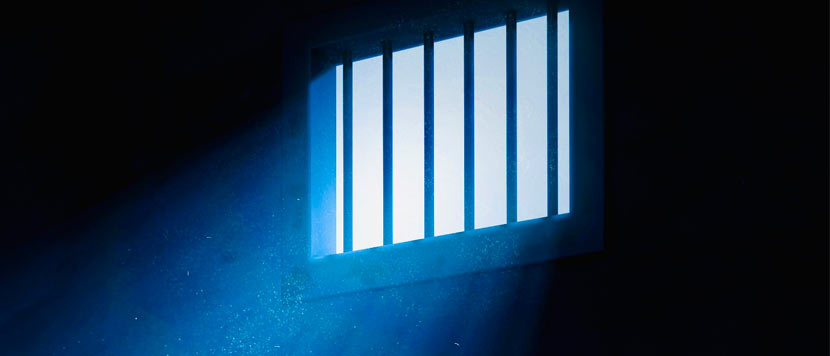
Federal sentencings may never be the same again. The novel coronavirus COVID-19 has forever changed our world in ways that we already know and in ways that we cannot even yet begin to contemplate. As most of us are under stay-at-home orders, we feel increasingly confined and separated from our normal routines and the people with whom we used to associate.
At some point, it is inevitable that we ask ourselves whether we are supposed to learn something from all of this. There are many lessons to be learned in various forms, but all of us can view this question from our own perspective. For me, I contemplate this question from the vantage point of someone who represents individuals who are either under criminal investigation and/or criminal indictment by the federal government. Some of my clients are never charged, some are tried and acquitted, while others are convicted and face sentencing. Federal sentencings are complicated procedures in and of themselves, kind of like a mini trial, and much contemplation and debate occur regarding the appropriate sentence for an individual, given the offense. At the end of the day though, sentences of many months or many years of incarceration or, if someone is fortunate, house arrest or probation are often handed down.
Everyone involved in the process — from the federal judges to the federal prosecutors to the federal criminal defense attorneys to the probation department — all recognize the loss of liberty that sentences of confinement carry and, of course, that is all part of the punishment and the message of deterrence. However, after COVID-19, I believe that all of us involved in the process should view confinement differently than we ever did before. I know that I will.
Most of us have been in some sort of lockdown except for essential life-sustaining services for several weeks now and counting. During this time, we cannot leave our homes to go out to dinner, we cannot go to work or school or church, we cannot see or hug our loved ones, and we basically just cannot be free the way that we used to. There is no doubt that we have all started to feel oppressed and have started to go stir crazy, and we are only several weeks into this confinement. And what confinement is it anyway? We are blessed to be in the luxury of our own homes with the comforts that this brings — with our computers and smartphones so that we can order whatever we need for delivery and so that we can video chat with our friends and family for as many hours as we would like and with the ability to go out for essentials and exercise as long as we wear a mask. Nevertheless, we see the toll that this has taken on our relationships, on our jobs and earning potential and savings, on our physical and mental health, and so on.
All of this suffering, though, pales in comparison to what someone who is federally incarcerated has to go through regarding the loss of most pleasures and comforts and income and even the ability to spend time with a dying family member to the harsh reality of a prison cell and just waiting for the opportunity to talk to their loved ones for only a few minutes a day, if that. Even those who are under house arrest do not have the freedom to leave their homes as we do now. Of course, these individuals have been convicted of a crime and no one is disputing that some sort of punishment is absolutely appropriate. However, I believe that all of us in my profession should begin to view that appropriateness from a different vantage point than we ever did before. Before, it was an intellectual exercise as to what the appropriate sentence and loss of freedom should be for someone within the unique circumstances of her/his life and crime. Now, we will all know first-hand from a very personal perspective just how painful each sentence that is handed down is — how it breaks you down mentally and emotionally and physically and how you have to fight every day just to overcome the fear and anxiety and depression of what may lie ahead for you and your family in order to hang on to the hope that a better day will come. All of us will be forever changed by the end of this pandemic, and it is my sincere hope that many of us in my profession will view each and every moment that someone loses her/his liberty to confinement in a way that we never did before.












